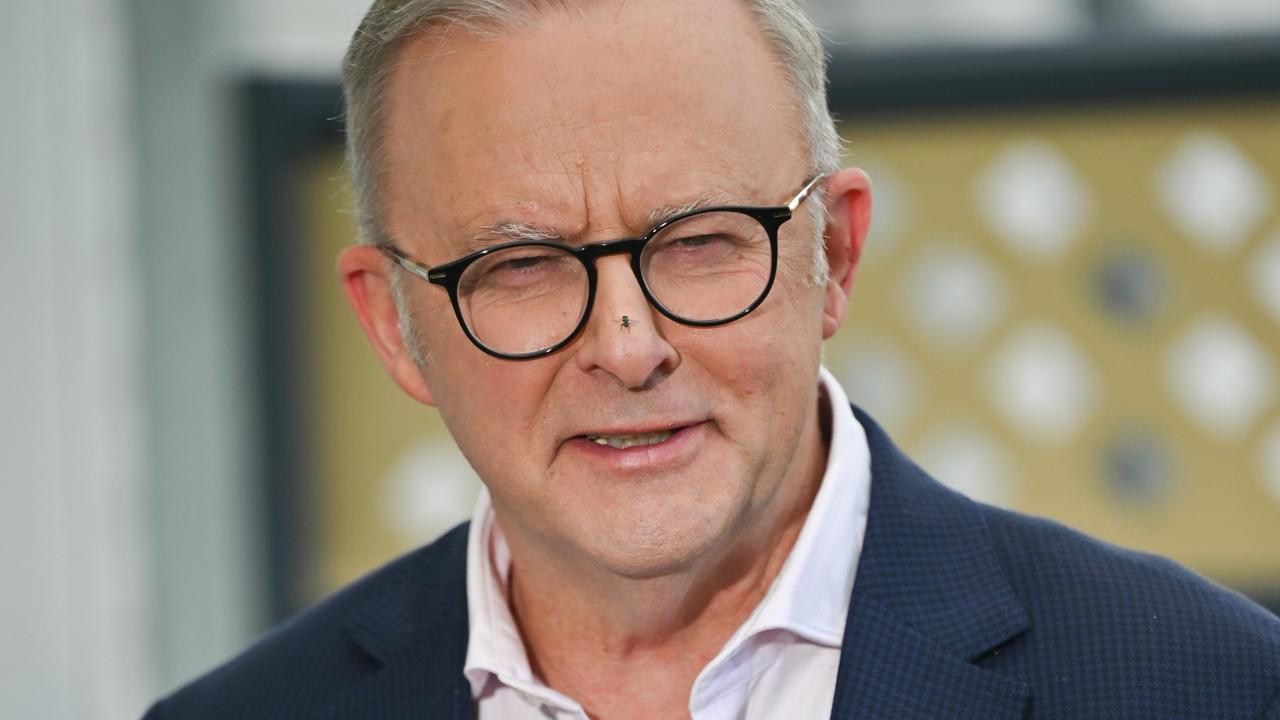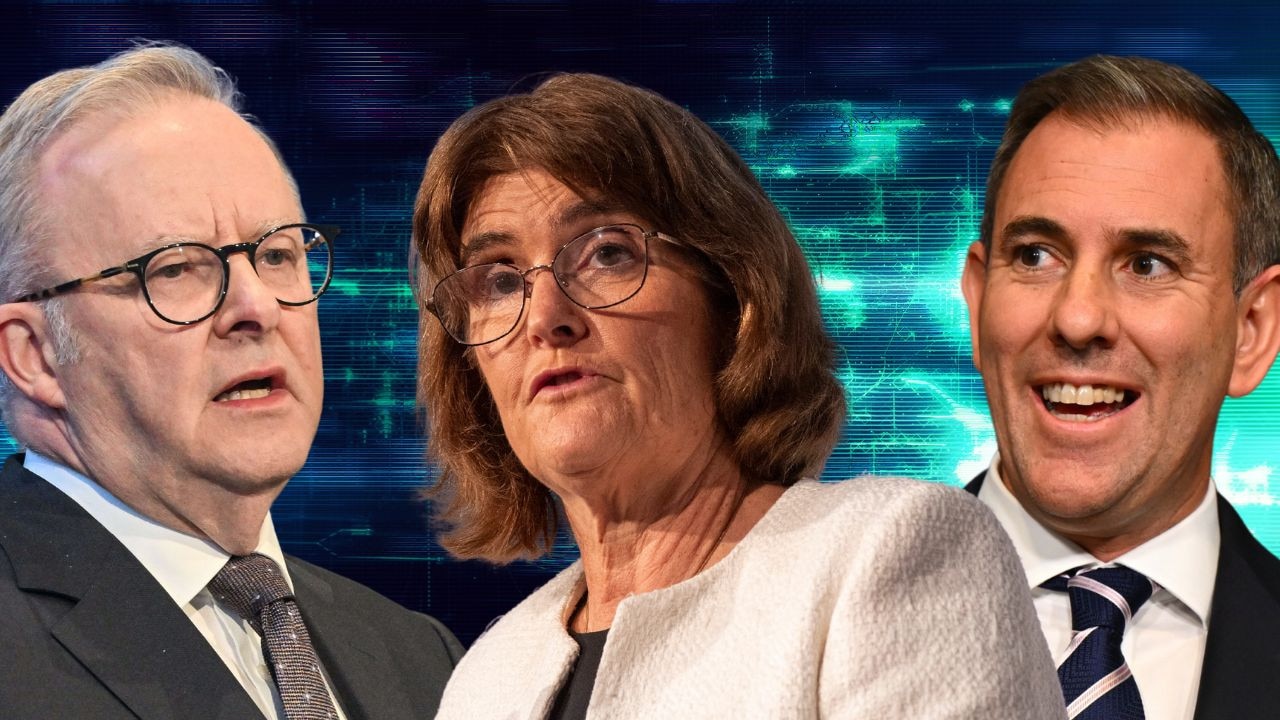Opinion: Dollar cost missing from Games bid
It’s the one aspect of the southeast’s Olympic bid our Premier won’t discuss — but it could result in Queenslanders feeling hoodwinked, writes Steven Wardill.
Opinion
Don't miss out on the headlines from Opinion. Followed categories will be added to My News.
I’M NOT a fan of the Olympic Games, or at least I don’t think I am.
After all, aren’t they just a disparate collective of competitive exercises that don’t really qualify as sports, or sports that aren’t popular enough to have their own competitions?
SEQ 2032 needs a leader for bidding company
Lord of the rings our Games bid’s secret weapon
Deadly serious side to SEQ’s Games bid
And it can be jarring watching countries beset by poverty or with abysmal human rights records spend billions of dollars on sporting venues while papering over their other problems.
Yet despite my rank cynicism, and the soapbox I’m prone to foist myself on in the four intervening years between Games, I find myself inextricably drawn towards the extraordinary coverage of the event.
Between the opening and closing ceremonies, I’ll find myself up well past bedtime each night, remote control firmly in hand watching incredible athletes perform record-breaking feats.
There doesn’t even have to be an Australian in medal contention.
Gymnastics? Sign me up.
Equestrian dressage? OK, why the hell not?
And yes, I’ll admit I’ll probably even watch a bit of the “breaking”.
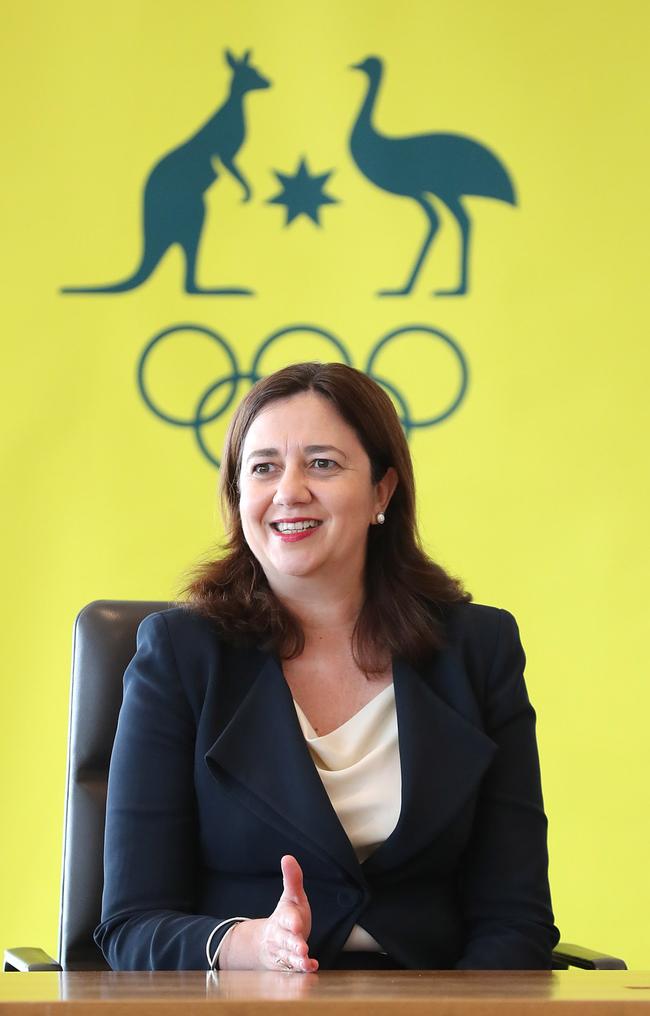
But just like my own conflicted feelings about the Games, opinions among Queenslanders will be divided about news this week that Premier Annastacia Palaszczuk has decided we’ll lodge a bid for the 2032 Olympics.
Can the state afford it?
Will it turn Brisbane into a construction site?
Do local businesses really benefit?
Is the legacy that everyone likes to bang on about these days more than a collection of white elephant infrastructure?
The Courier-Mail’s polling in the lead-up to Palaszczuk’s decision showed strong support for a Queensland Games.
Just shy of half those polled backed a bid, 16 per cent were undecided and just 27 per cent were opposed.
“That’s a very good result,” Australian Olympic Committee president John Coates enthused at the time.
“This is before we have fully explained a bid to the public.”
But there’s the rub in this whole argument about whether the Games is a good idea.
The challenge for not just Palaszczuk but political leaders at every level will be to convince Queenslanders of the benefits from being the host state.
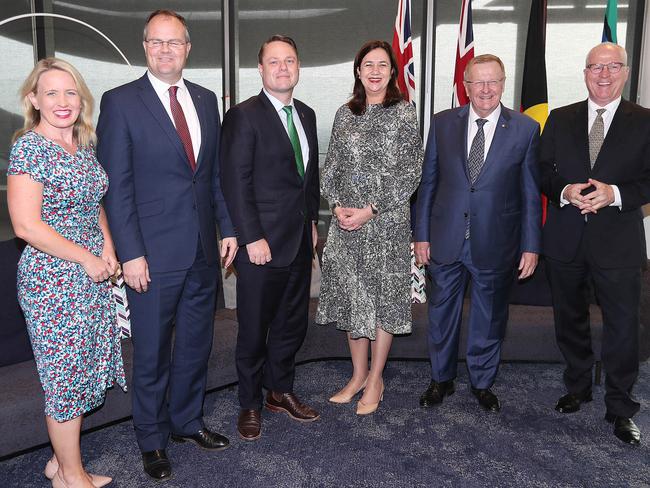
That’s not as simple as it sounds.
The history of the Olympics is littered with failed bids that didn’t get past the starting line because locals weren’t convinced by the legacy argument.
Politicians have been guilty of using and abusing Olympics bids as a shortcut to a podium performance at their next election.
But such quests have often backfired badly because people view them as banal shiny baubles aimed at distracting them from the real issues.
Given every Olympics since 1968 has blown its budget, many costing twice as much as politicians originally promised, the cynicism towards hosting these events can fester.
Former premier Anna Bligh won the Commonwealth Games for the Gold Coast and a few months later chalked up the greatest loss in Queensland Labor’s history.
Former NSW premier John Fahey’s reaction to secure the Sydney Olympics is legendary but his one-term in office isn’t.
And just last year in the Canadian city of Calgary, local administrators got themselves into such a bind about the costs of another Winter Olympics bid that they were forced to hold a public plebiscite on whether to proceed.
The “no” case prevailed with 56 per cent of the vote, and the bid was scuppered.
The finger of blame was pointed towards local leaders who kept the public in the dark about the true costs and couldn’t convince them about the merits of the case.
Amid concerns within her own Cabinet, Palaszczuk wisely chose to remain outwardly objective about a Queensland bid despite the cheerleading from local mayors.
She’s was acutely aware of perception problems that could come from being seen to bankroll yet another Brisbane boondoggle while the regions struggles against a dearth of jobs and drought.
While Palaszczuk was probably never going to oppose a bid, it was a smart move to be seen having to be convinced that the Games would benefit the entire state.
Yet the smarts Palaszczuk has shown came to a halt on Monday when she formally announced her Government would pursue a bid.
The state had completed a “detailed value proposition assessment”, she announced, and the results showed the Games would bring “significant economic and community benefits”.
Accelerated infrastructure, 130,000 jobs, $20 billion international tourism dividend and $8.6 billion in trade opportunities...
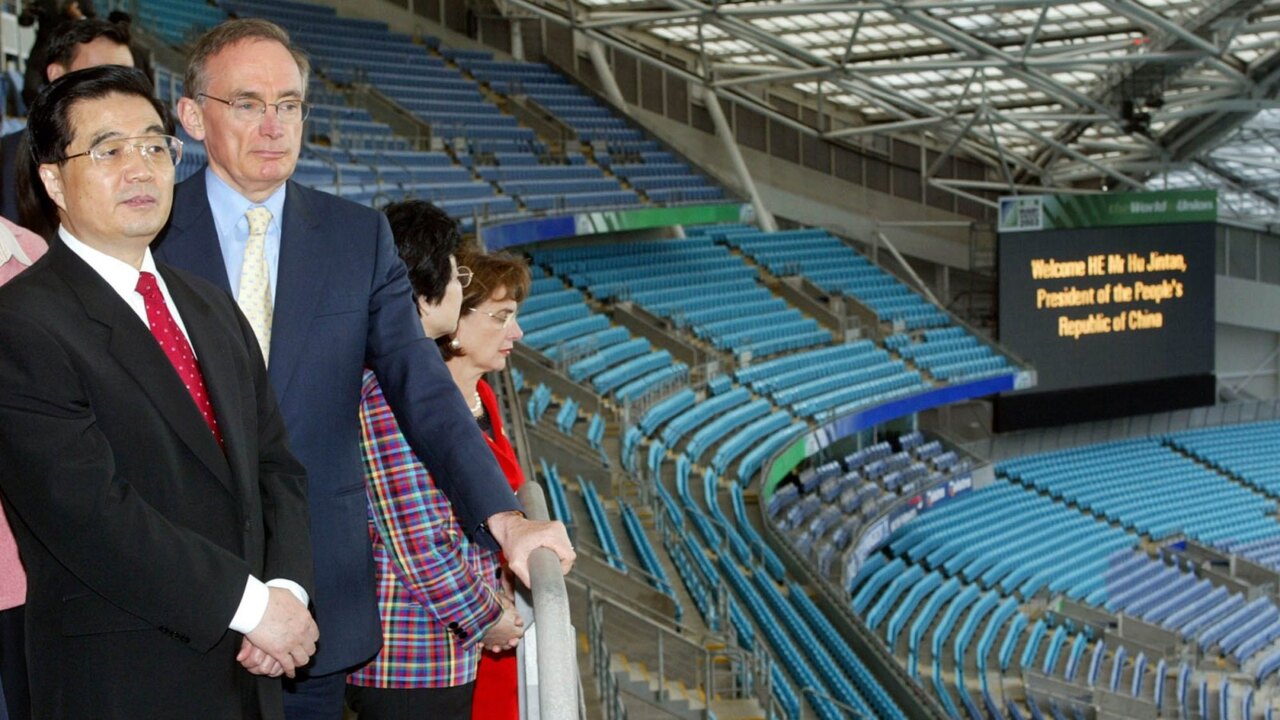
The next stage was to secure financial agreement between all levels of government, Palaszczuk said.
However the Premier wouldn’t discuss dollars. That hadn’t been worked out, she reckoned.
But that just begs a number of questions, like just how detailed was this detailed assessment when it came up with a sweet set of numbers about the benefits but excluded costs?
And how on Earth can the next stage be about funding splits when there’s no total figure being bandied around about what needs to be funded?
This was a strategic error, and much like what occurred in Calgary when the Games was sold initially as a no-brainer.
There might be reasons why flagging costs at this stage could advantage rivals.
But there’s a real risk when the figure is finally revealed that Queenslanders will feel hoodwinked.
Personally, I hope we win the Games. Wouldn’t it be great to watch events in our own back yard?
However the challenge will be convincing Queenslanders that the legacy won’t be another derelict stadium and a lazy-eyed mascot left marooned at a service station.

